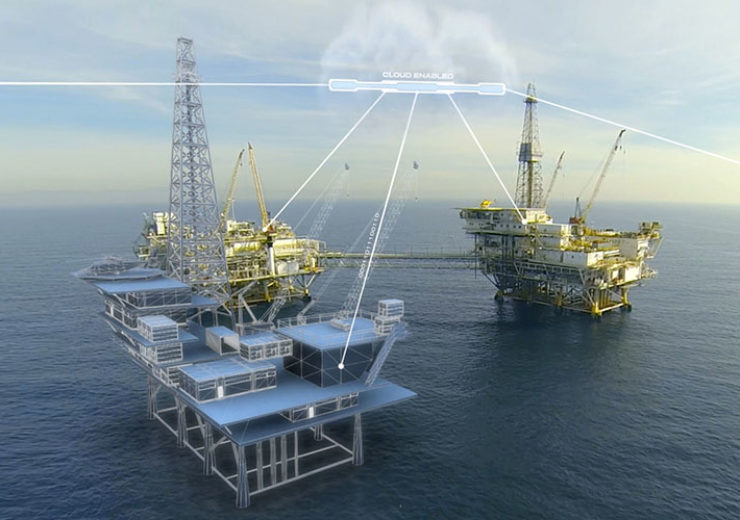The digital twins have the potential to quickly become the foundation for asset design and operation across the oil and gas value chain

Image: The oil and gas industry’s new methodology aims to qualify the integrity of digital twin technology. Photo: courtesy of DNV GL.
TechnipFMC has partnered with DNV GL to develop the first digital twin technology integrity qualification methodology for the oil and gas industry.
The methodology aims to standardise the data generated by digital twins technology for performance and safety decision-making in projects and operations, among the oil and gas operators, supply chain partners and regulators.
As digital representations of a physical asset and its behaviour, the digital twins have the potential to quickly become the foundation for asset design and operation across the oil and gas value chain.
In order to centralise and secure information on assets from multiple sources, the oil and gas companies are increasingly using these technologies, which also allow connecting 3D models with real time field data during the operation phase.
TechnipFMC Subsea Digital vice-president Julie Cranga said: “Digital twin technology results in quicker, better asset design, improved project delivery efficiency, and operation safety and performance during the whole asset life.
“As more digital twins enter the oil and gas sector, it is key for operators to know that their twin works as planned, and that its output is reliable. Our collaboration with DNV GL aims to address this.”
Digital twins also allow operators to obtain more information
The digital twins also allow operators to obtain more information and simulate the behaviour of an asset according to the operating conditions to facilitate decision-making.
The new methodology will be based on the DNV GL’s Recommended Practice (RP) for Technology Qualification: DNVGL-RP-A203, which was developed more than 20 years ago.
DNV GL – Oil & Gas CEO Liv Hovem said: “I’m delighted that a team of domain and digital experts from DNV GL and TechnipFMC are collaborating to tackle a wide range of issues – from definitions to data quality and algorithm performance – to enable faster implementation of digital twins in our sector.”
DNV GL said it will pilot the digital twin technology qualification methodology on a TechnipFMC’s subsea field development project by starting early 2020, followed by publishing the recommended practice during the second half of next year.
